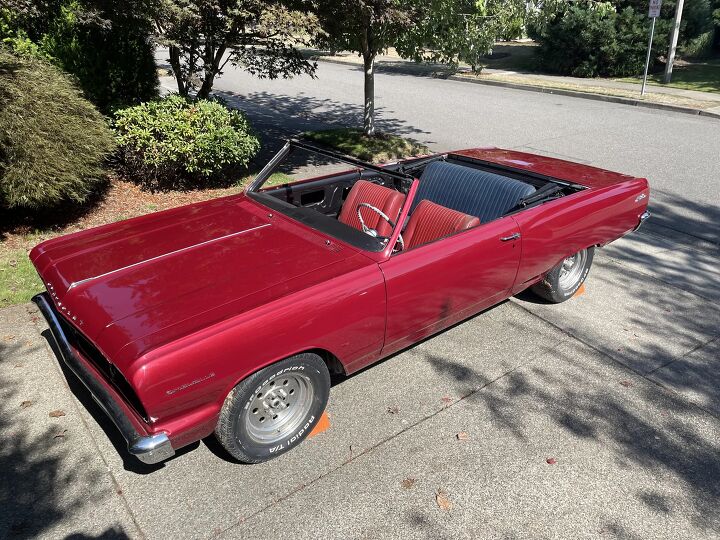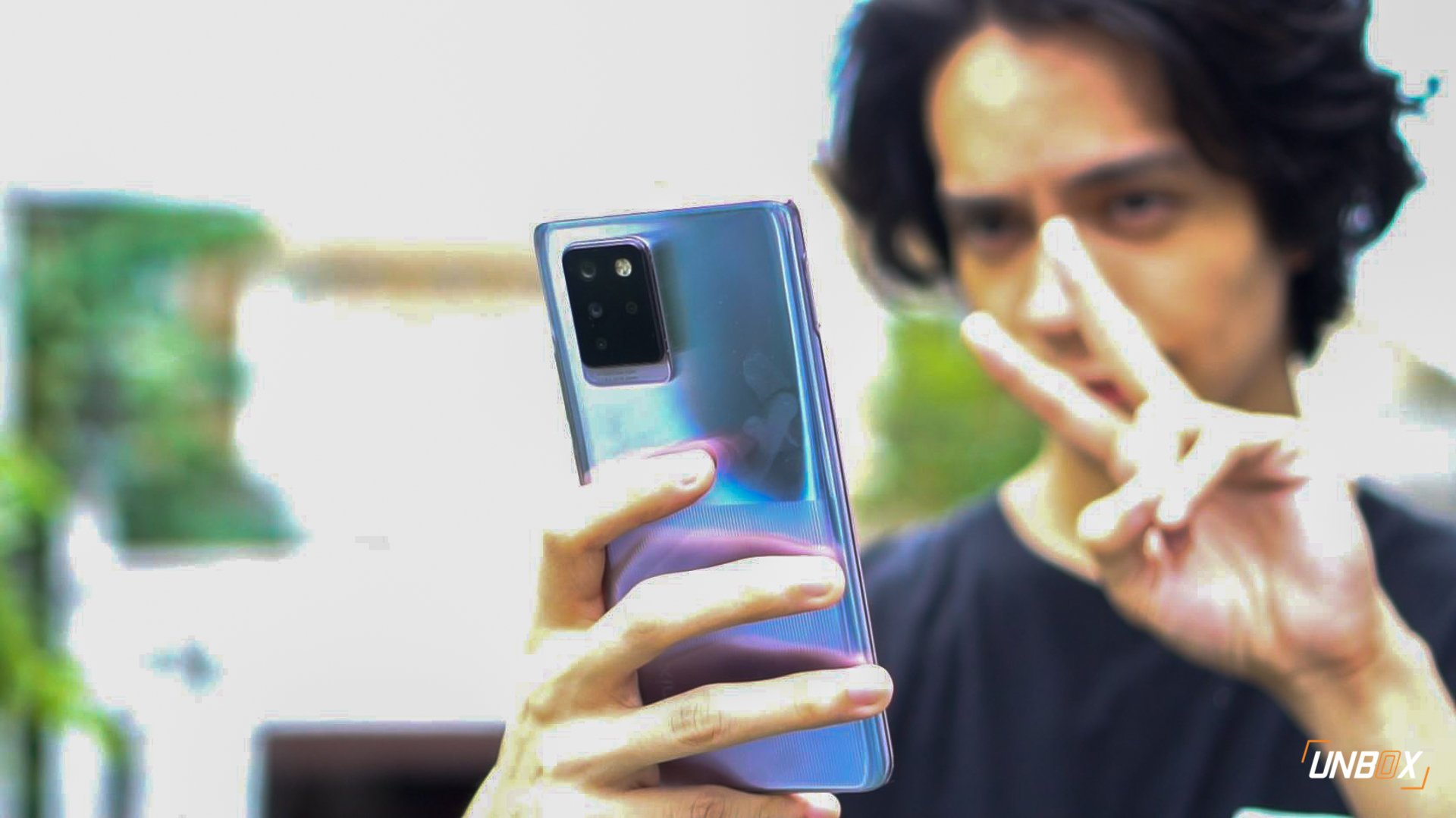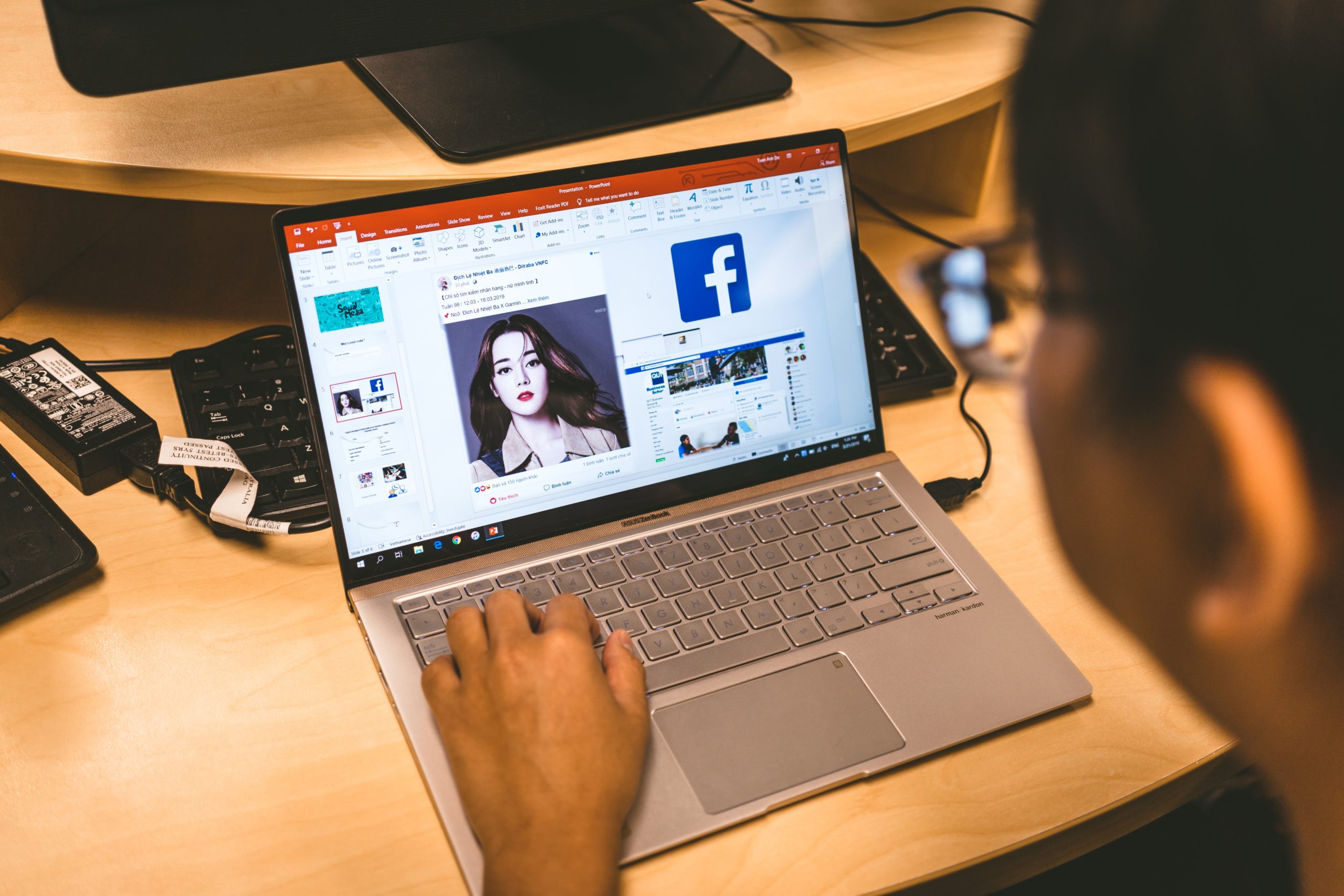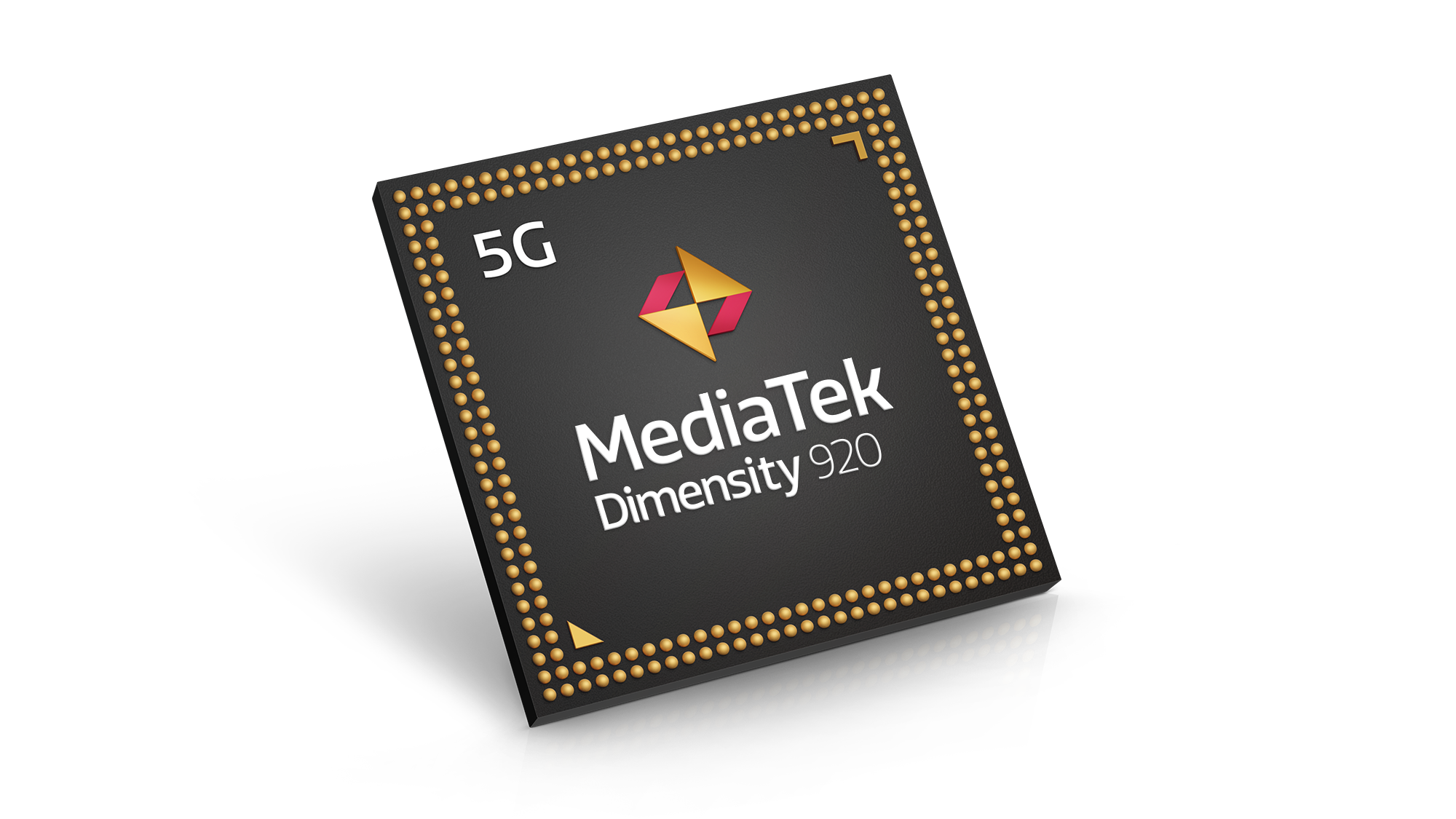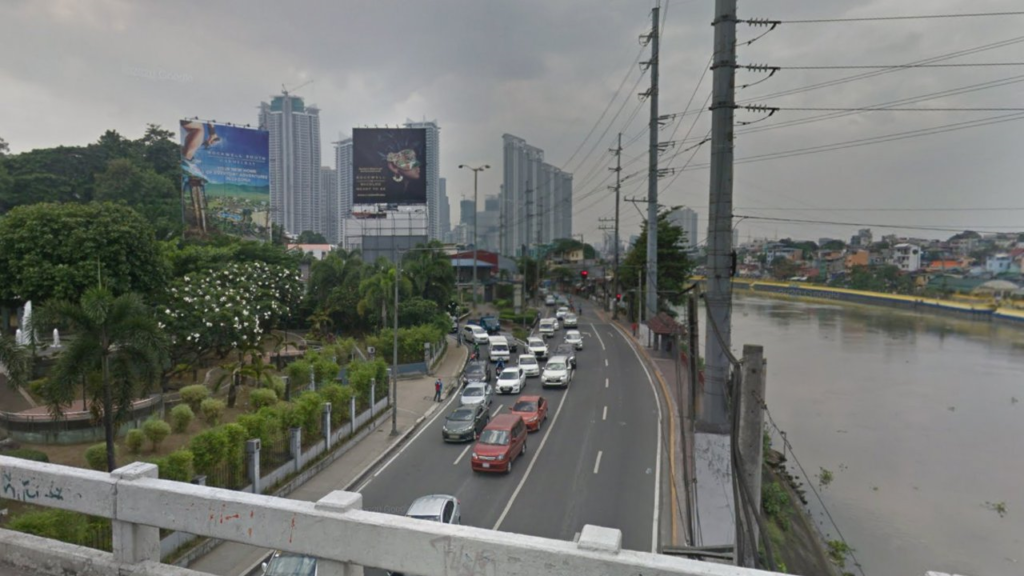
The Supreme Court in a recent ruling said that pieces of evidence obtained from Facebook messenger and other similar platforms can be used as evidence in court.
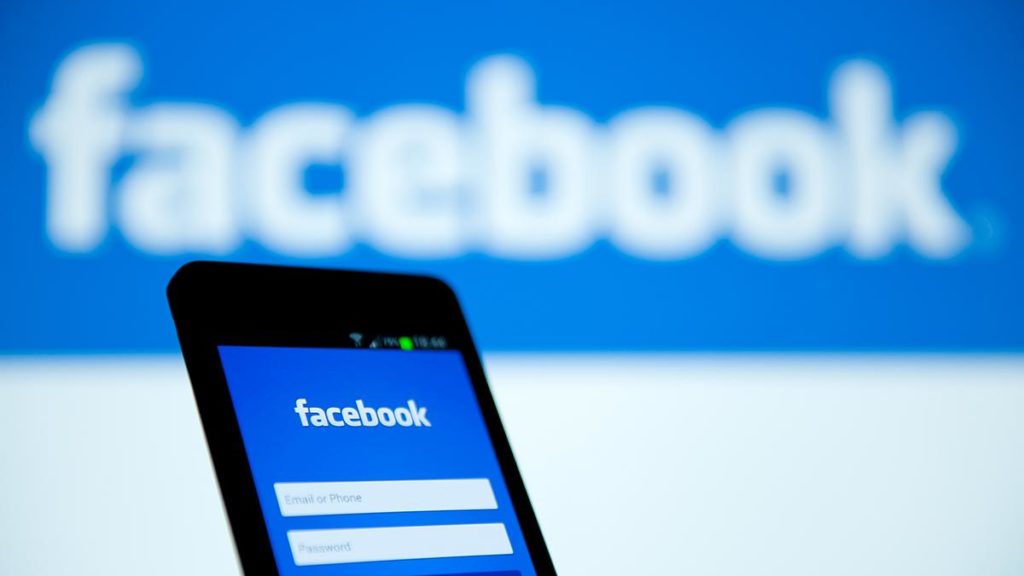
The Philippine Constitution guarantees the right against unreasonable searches and seizure, as well as the right to privacy of communication and correspondence. However, in a recent case decided by the Supreme Court, it asserted that “because the Bill of Rights under the Constitution, which includes the right to privacy, was intended to protect citizens from government intrusions, the right to privacy and its consequent effects on the rules of admissibility of evidence cannot be invoked against private individuals.”
In effect, a 24 year old man who had a relationship with a 14 year old girl, was held guilty of RA 10175 or the Cybercrime Prevention Act of 2012. This is despite his claim that the evidence against him, obtained on Facebook messenger, should not be accepted as it violated his right to privacy.
As for the Data Privacy Act (DPA), the Supreme Court held that the restrictions under the DPA are not applicable in cases like this. This is because DPA allows the processing of personal information where it relates to the determination of criminal liability of a data subject.
Comments (0)
Read more interting post about Technology at Autotoday.info



